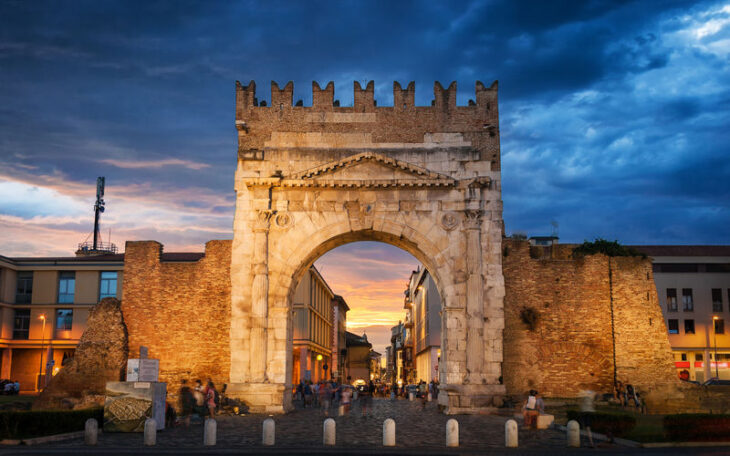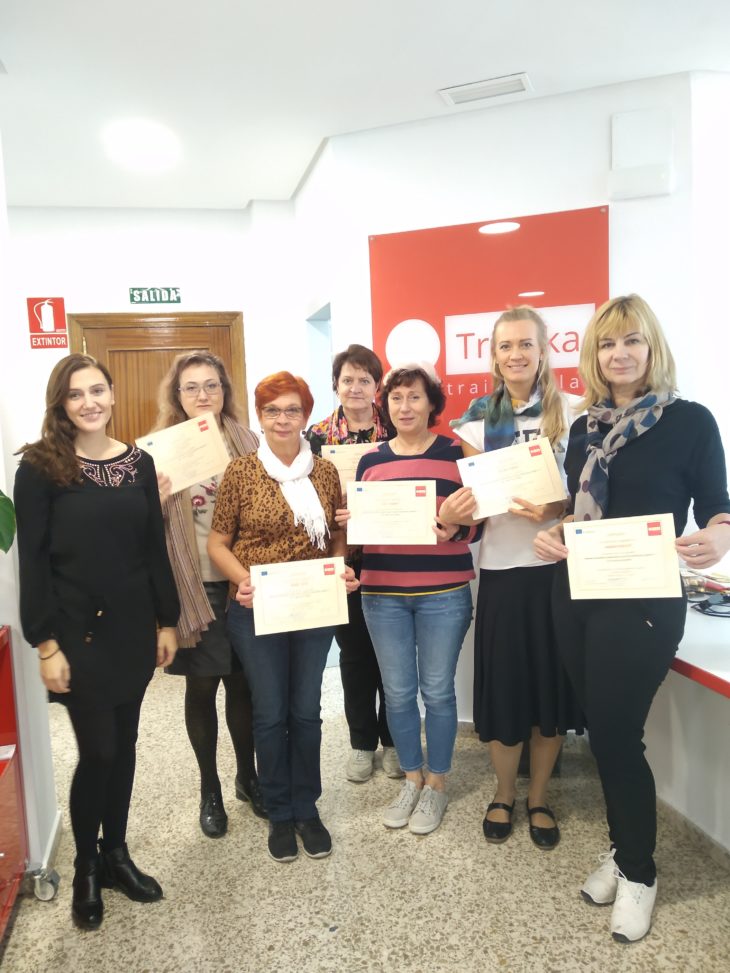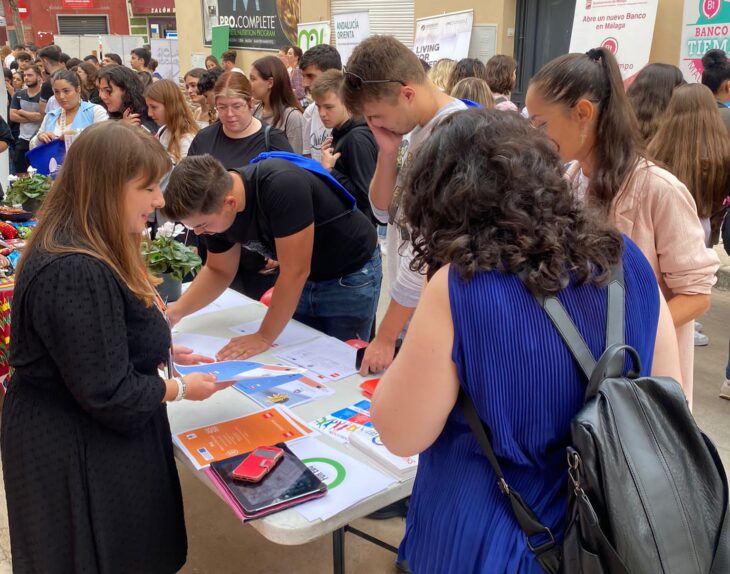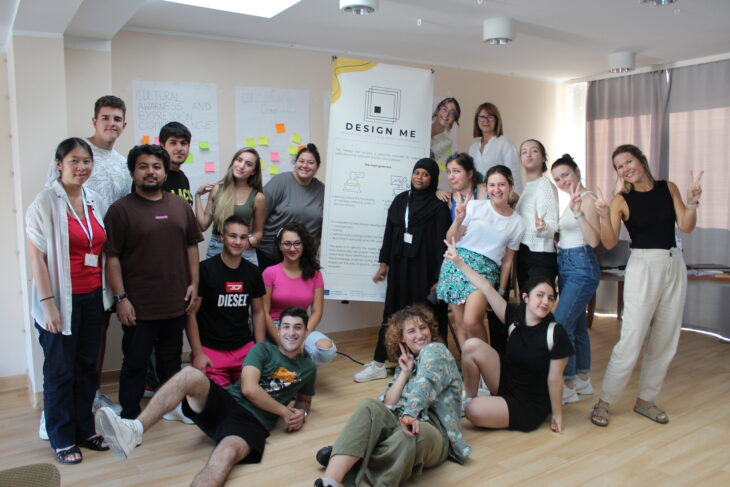Walking through the wide streets of downtown Malaga, we cannot fail to notice men dressed in white shirts, black pants and a red sash cinched at the waist selling beautiful fragrant white flowers: these are the biznagueros, a typical and important figure in Malaga’s popular tradition. There is a bronze statue in the park near the city hall, in the Pedro Luis Alonso gardens, that pays homage to this traditional craft that has been handed down from generation to generation. The term biznagueros originates from Málaga’s signature flower, the biznaga, a name of Arabic origin linked to the city’s Muslim history that means ‘gift from God.’
Effectively, the biznaga is not a real flower but is a kind of handmade ornament with a very delicate procedure that only the people of Málaga know perfectly well and carry out in a precise and accurate way: jasmine flowers are tucked into the stem of another wild plant. When the flowers open, they form a beautiful round composition like a sphere that becomes something unique and special.
In fact, the biznaga is a handcrafted composition that requires a lot of practice, skill and patience: in May the nerdo, a kind of thistle found mostly in summer, is harvested and will be the basis of the floral structure. The nerdo is left to dry in the sun and then soaked in water for a few hours to soften it. Next, the nerdo stems are cut and given their characteristic circular shape; then the jasmine flowers are added one by one while they are still closed. Finally the jasmines as the hours pass magically open giving off a strong scent and distinctive fragrance.
This tradition is part of Malaga’s Arab heritage: hundreds of years ago the Moors introduced the summer jasmine plant to the city, which has been growing thriving and luxuriant ever since, thanks in part to the exceptionally favorable climate. Today, the biznaga has become the symbol of Malaga and spreads its fragrance through the gardens, patios, and balconies of the homes of the malagueños.
Even the Malaga Spanish Film Festival award, which is held annually in the city generally between March and April, consists of a golden biznaga for best film and silver for other awards. This festival was established in 1998 to encourage the dissemination and promotion of Spanish cinematography and film culture in general through short films and documentaries both nationally and internationally.
Students and teachers will admire these special creations during City Tours led by the staff of Tribeka, our Malaga-based training agency, during their Erasmus+ internship.
Written by Anna Carla Ronchi



















